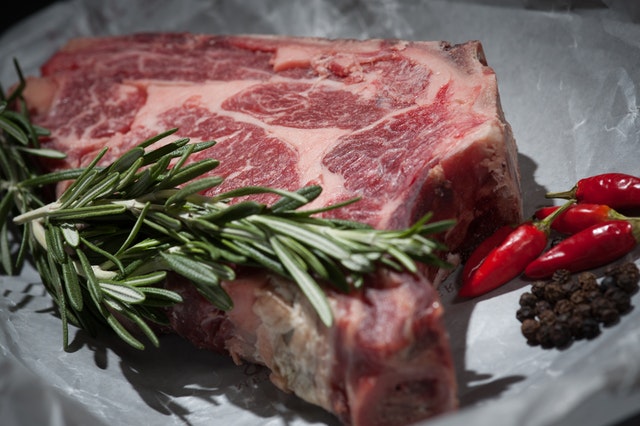Wagyu is the Japanese breeds of beef cattle that has been improved over the years by Japanese breeders. Now Japan is considering strengthening the protection of genetic resources, i.e. sperm and fertilized eggs, from livestock such as Wagyu.
In fact, Wagyu genetic resources had been exported for commercial use until around 1998, but no exports have been made since then, in order to control the market for Wagyu beef. However, in 2018, an incident was discovered in which fertilized eggs and semen of Wagyu were taken out to China without a prescribed export inspection.
At that time, there were no laws to regulate such conduct. So, the government managed to apply Act on Domestic Animal Infectious Diseases Control which is aimed to prevent the spread of infectious diseases in export destination countries, to punish that person. This incident triggered to start the consideration for strengthening the protection of Wagyu genetic resources.
The interim report by the government committee, which was issued on January 20 2020, says that the genetic resources of good livestock such as Wagyu need special protection because they possess value as intellectual property. So, the acts such as illicit obtainment, unauthorized transfer of such genetic resources should be restricted, and injunction or damages award, and criminal charges for some cases, should be granted against such acts, it says.
This report focuses on Wagyu. It’s unclear at this time how the bill will define the scope of livestock to be protected. In addition to such legal protection, it is expected that some tracking system will developed to identify genuine Wagyu beef, though the fact of having exported Wagyu genetic resources in the past may complicate the solution.
Thank you for reading. If you enjoyed this post, I’d appreciate it if you’d help it spread by emailing it to a friend, or sharing it on social media. Thanks!

